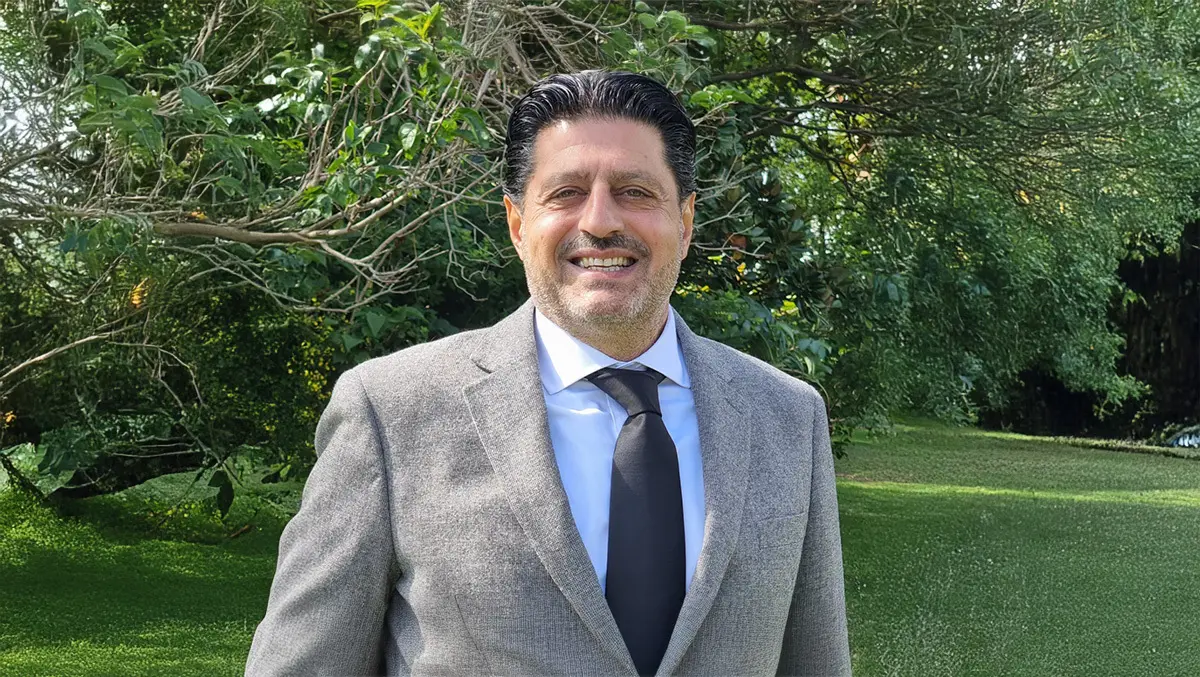
Leaping over the auto industry’s skills gap
Like almost every other industry, automotive repair is on the brink of being transformed by artificial intelligence. Vehicles are becoming more complex every year, in large part because they now come equipped with advanced features like AI-powered drive-assistance systems and digital diagnostics that identify issues before they escalate. Vehicles are evolving, and repair shops need to keep up.
This calls for skilled tradespeople who can not only navigate the traditional parts of a car, but also the AI-based technologies many of them now contain.However, there is still a shortage of workers with relevant skills, and the auto repair industry needs to be proactive if it doesn't want to be left behind.
Many Australian auto technicians cut their teeth through hands-on experience with vehicles, developing an intimate understanding of engines, hydraulics and other mechanical systems. But as vehicles have evolved, repairing them means dealing with complex software, diagnostic systems and, increasingly, electric vehicle batteries.
Some vehicles are capable of self-diagnosis and automatically generating a maintenance checklist. AI-based software can even predict issues before they result in a breakdown. All of these features are very convenient for drivers, but they mean technicians are having to develop an entirely new set of skills that include working with software, data analytics and troubleshooting the most modern systems such as EVs, which are significantly different from ICE variants . Unfortunately, many repair shops across APAC are struggling to keep up because they lack access to advanced training programs.
Overcoming Obstacles
One major barrier is cost. Training programs to teach technicians how to use advanced diagnostics and AI-powered tools for repairs can add up to thousands of dollars for a single student, making them too expensive for many small or independent repair shops. Since these businesses often operate on tight margins, their owners may not feel they can justify the upfront expense of training in technologies that still seem far in the future. But without those skills, repair shops risk falling behind as vehicles continue to become more complex. They will also be less competitive against large automotive chains that can invest in upskilling for their entire staff.
One potential solution is offering AI training through blended learning, which combines in-person classes with online-only sessions to keep student fees down. This means technicians can get hands-on experience with vehicles but learn about diagnostic software and AI tools through virtual learning, which is especially helpful for shops and technicians in rural areas.
Integrated solutions like Solera's Autodata provide an edge here, offering on-demand access to training content and diagnostic tools. With features such as short training videos and step-by-step repair guidance, mechanics can efficiently upskill without needing to leave the workshop, ensuring the learning process fits seamlessly into their workday.
Another thing the auto repair industry should keep in mind is that language and accessibility are key to encouraging the widespread adoption of modern-day tools. Nearly a third of Australia's population were born overseas, and many people are considered Culturally and Linguistically Diverse (CALD). Workshop organisers and repair shop owners should ensure that training materials and courses are multilingual.
A Growth Mindset
After the initial process of training is completed, it's important that it isn't one-off. Technology is constantly updated and working with it means having a mindset that you are only as good as your last training. Technicians need to constantly update their certifications to keep up with the latest advances in vehicle technology, including the increasing deployment of ADAS and AI. Employers should make it possible for their workforce to pursue professional development as an ongoing part of their career. This benefits both the technician and the repair shop.
The future of many industries will increasingly be led by AI, and auto repair is no exception. Decision-makers can future-proof Australia's automotive industry by investing in workforce development. This means ensuring that everyone has access to training opportunities, whether they work at a small shop or a large chain, and no matter what languages they speak.
Every technician in Australia should feel confident to work with vehicles that run modern software as much as older software or use AI-based diagnostics tools to make the repair process more efficient. The auto repairs industry is being revolutionised, and the industry's ability to adapt hinges on its commitment to accessibility, learning and growth.

